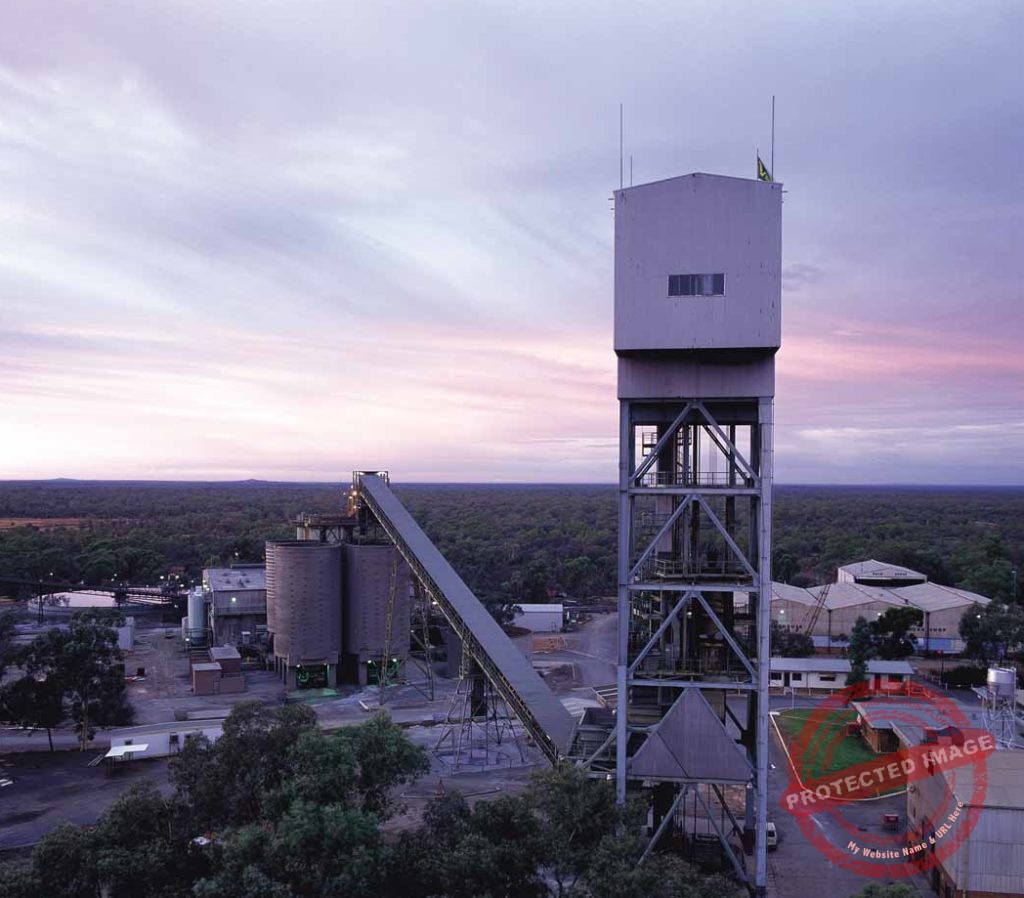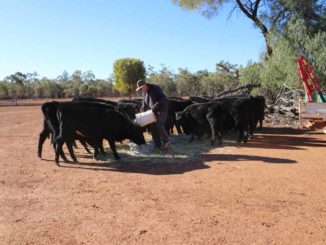
With no end in sight to one of the worst droughts on record Cobar’s three biggest employers, CSA, Endeavor and the Peak mines, are all actively working to conserve water to ensure their operations continue.
The mines have been given assurances that their allocations will remain as is until July.
CSA Mine’s general manager Pedro Quinteros said the mine’s Management Team has been closely monitoring the water supply situation.
“We are engaging with key authorities on a regular basis.
“At this stage, we’ve been advised that water access and supply will remain business as usual until at least July 2019,” Mr Quinteros reported last week.
CSA Mine’s annual licence is 1,356MG, Endeavor’s allocation is 1,605MG and Peak Gold Mines receives 1,189MG per annum.
The Cobar Water Board’s figures show the mines don’t generally use their full allocations each year (Endeavor on average only uses about 60 percent of their allocation per annum) with other factors such as rain collected in their on site storages and production levels also affecting their annual usage.
All three mines are looking for ways to reduce their usage further through recycling, investigating alternate water sources such as bores, and are also looking to change the way they use water on site.
Peak Gold Mines’ general manager Neal Valk said it was important to get the balance right.
“Water is a valuable commodity on all mine sites,” he said.
Mr Valk said it was important to ensure that all water is well managed so that no water leaves the site.
“All water at New Cobar is recycled. All the water that we pump out of the mine (service and ground water) is reused.”
He said this however causes quality problems and damages to infrastructure which reduces the operability of the system.
“The plan is to introduce raw water to New Cobar, to improve quality and then pipe the majority of the recycled water south to the Peak Mine site for use at the processing plant and Peak underground,” Mr Valk said.
Endeavor Mine’s general manager Denver D’Angelo said they can recycle some of their water.
“We recycle but it depends upon the particular process, there are internal recycles but overall the metallurgy and mining processes demand a certain minimum purity to be effective,” Mr D’Angelo said.
Mr Valk said there are a number of plant items on site at Peak that also require good quality water for safe and effective operation such as the chiller plant, which uses water in evaporators to cool air before it goes into the fresh air system for underground.
“This means we will always require a set amount of raw water each day (seasonal changes) for this and other plant to work.
“Generally the remainder of the site can use recycled water,” Mr Valk said.
Water saving improvements at CSA Mine include the return of water back to the plant from site cooling towers, the paste fill plant and the wash bay pond which has increased CSA’s onsite recycling of water to approximately 40 percent of their total water use.
CSA commenced a water exploration project last year which identified three more groundwater bores within 1.5km from the mine’s process dam.
Tests show the bores could provide the mine with an additional 10.3 litres per second of water (they currently receive 32 litres per second).
Endeavor is also looking at bore water as an additional source of water for the mine however Peak Mines does not have access to groundwater through bores.
“There will be water in some old underground workings, but the complexity of extracting water, which is of poor quality, does not make it viable,” Mr Valk said.
As part of the CSA Mine’s water saving strategies, ultrasonic flow metres are being installed in the process plant which will improve water management and recycling.
Peak Gold Mines processing plant is already efficient with its water usage and they currently use recycled water for dust suppression.
The mine is looking to introduce molasses, or an equivalent product, for dust suppression, so that less watering (and less water) is needed.
“The reality is severe restrictions will impact all mining,” Mr D’Angelo said.
“We really need some notice about restrictions so that we can plan effectively and minimise effects on people.”



1 Trackback / Pingback
Comments are closed.